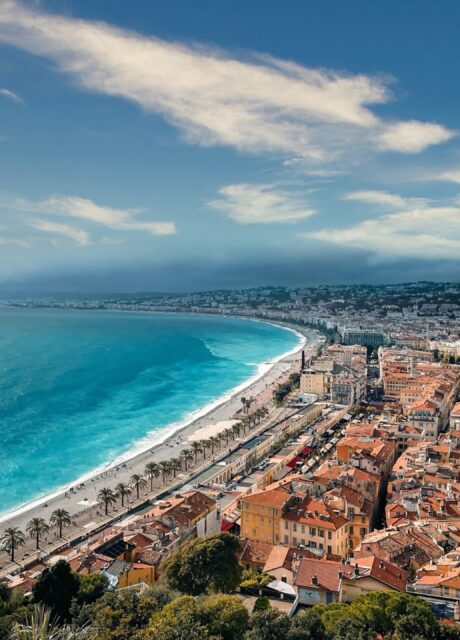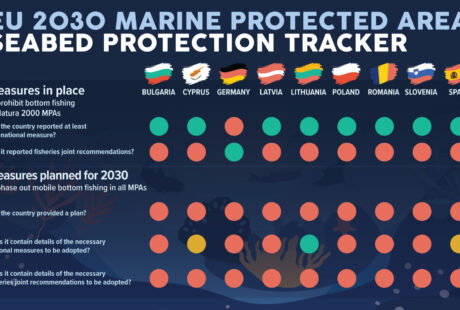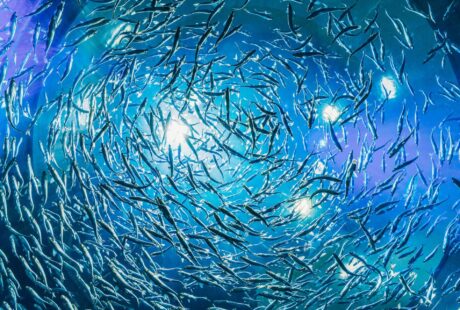As final discussions between the European institutions recommence on the hotly contested EU Nature Restoration Law (NRL), environmental organisations warn that parts of the law essential to restoring marine life and ecosystems are at risk of being crushed.
Nature restoration at sea is impossible unless fishing activities are adequately managed. In recognition of this fact, the European Parliament’s position on the Nature Restoration Law (NRL) includes an article that would require Member States to jointly adopt fisheries management measures, following the processes established under the Common Fisheries Policy (CFP). As highlighted in 2020 by the European Court of Auditors, these processes have barely been used since the reform of the CFP, a decade ago. Yet, the article proposed by the Parliament is under attack by the Council.
Non-governmental organisations (NGOs) Seas At Risk, Oceana, and ClientEarth highlight that, without this article, the NRL will be ineffective and unimplementable in the marine environment, leaving the already dire condition of the ocean to deteriorate further.
Together with other NGOs they are publicly calling on Virginijus Sinkevičius, European Commissioner for Environment, Oceans and Fisheries, the Spanish Presidency of the Council of the EU and the French government to match the ambition of the European Parliament and listen to the voices of scientists, businesses, and young people across the EU calling for nature restoration.
Andrea Ripol, Senior Marine Policy Officer at Seas At Risk, said:
“From forest fires, to famine, to forced migration, every day we witness the devastating impact of political inaction on fighting climate change. The ocean is our best ally not only to protect our climate, but also to save jobs and secure food systems. Members of the European Parliament, and notably from the Fisheries Committee, recognised that article 14a is key to making the nature restoration law work in practice. Now, with the European elections just around the corner, the Commission and Council need to walk the talk on their environmental and climate commitments.”
Vera Coelho, Deputy Vice President of Oceana in Europe, said:
“The last thing Europe needs is another piece of paper full of good intentions that are simply not implementable. If the Council and the Commission are serious about their commitments to the Green Deal and adopting a Nature Restoration Law that will actually lead to nature restoration at sea, they need to support the European Parliament in adopting provisions that require fisheries management measures to be adopted in a timely way.”
John Condon, Senior Lawyer at ClientEarth, said:
“The reality is that the Nature Restoration Law cannot restore European seas unless there is a robust system in place to stop industrial fishing destroying marine habitats and species that need to be restored. What the European Parliament has put on the table is a good solution to guarantee harmony between sustainable fishing and marine restoration. To stand any chance of reaching the EU’s marine restoration targets, this solution needs to be supported.”
ENDS
Notes to editors:
In July, the European Parliament adopted an article that is key for ocean restoration (article 14a), which makes it mandatory for Member States to find joint solutions when the fishing practices of one country could impact the restoration efforts of another. Currently, the Common Fisheries Policy (CFP), which sets EU-wide rules for the sector, only encourages Member States to do this on their own initiative – a practice that has proven not to work, as highlighted by the European Court of Auditors. The article voted through by the Parliament would mean the two laws – NRL and CFP – would work in harmony with each other, and enable marine restoration within the framework of existing fisheries policies. The next political trilogue on the NRL is scheduled for 5 October 2023.
For more information about this issue, please read our handy explainer (available in English, Dutch and Portuguese).
Posted on: 28 September 2023



